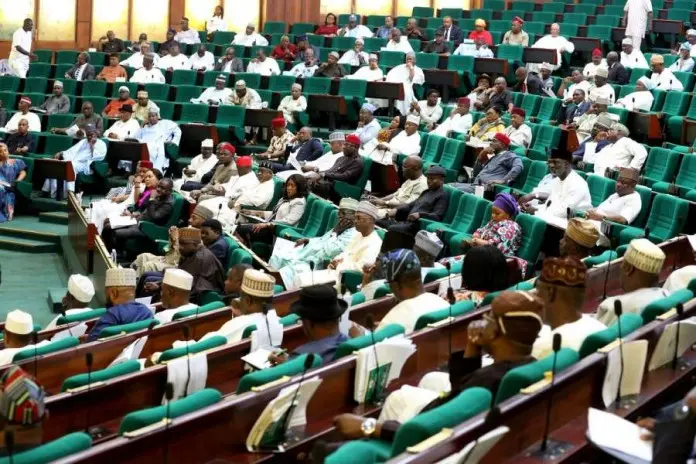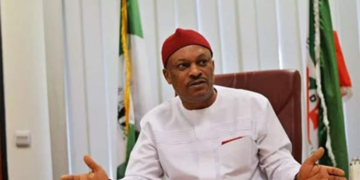Separation of powers is one of the devices used by the Anglo-American systems of government to protect the rule of law and prevent exercise of arbitrary power by the sovereign. The continued application of this doctrine is anchored on checks and balances among the triple arms of government which Nigeria fashioned her democracy after.
The modern idea of separation of powers is to be found in one of the most important 18th Century works on political science, the Baron de Montesquieu’s ‘The Spirit of the Laws’ (1748), which states that “There can be no liberty where the legislative and executive powers are united in the same person, or body of magistrates … [or] if the power of judging be not separated from the legislative and executive powers.”
In Federalist No. 47(1788), James Madison, commenting on Montesquieu’s views and seeking to reconcile them with the Constitution’s provisions, stated that “The accumulation of all powers, legislative, executive, and judiciary, in the same hands, whether of one, a few, or many, and whether hereditary, self-appointed, or elective, may justly be pronounced the very definition of tyranny.”
As Nigeria celebrates her 62nd independence anniversary on Saturday, October 1, 2022, one really wonders if the principle of separation of power applies to the country’s governing system beyond the structural rhetorics. How independent is the judiciary and more importantly, the legislature which is the symbol of every democracy?
After many years of military rule, Nigeria finally transitioned to democracy in 1999. One of the hopes driving this shift was removing the president’s absolute power, something theoretically guaranteed by the separation of powers built into the 1999 Constitution, which affirms Nigeria as a full-fledged democratic country.
Instead, a recurring theme of Nigeria’s 23 years of democracy is the blurred lines between the executive and the legislative branches of government. Party politics are still dominated by powerful presidents, who use that power to effectively control the National Assembly, the country’s legislative branch. And that power, in turn, is used to restrict Nigerians’ freedom.
Today, Nigeria is seeing serious collusion between Nigerian President Muhammadu Buhari and the national legislature, with the ultimate goal of whittling down the freedoms guaranteed by the country’s constitution.
Under the constitution, there are three branches of government: the executive, the legislature, and the judiciary. Every four years, Nigerians elect the president and members of the legislature in separate elections theoretically keeping the two branches independent.
For the sake of this page, let me shift focus to the the legislature. The major indices pointing to an independent parliament has been missing since independence and it only got worse with current 9th Assembly which has been fairly adjudged as a ‘rubber stamp’ parliament. The leadership of the 9th Assembly, however, seems to be comfortable with this innuendo as the Senate and the House of Representatives both agree that they will always work in partnership with the executive arm, and that if that cooperation portrays the two legislative houses as rubber stamp, so be it.
While it is not out of place for the parliament to swiftly consider the request of the executive, an ardent political observer would be forced to interrogate how much of a regard the executive arm has accorded the parliament? Resolutions of the parliament are often ignored and sometimes summons not obeyed by members of the executive branch of government.
A party system where the president and the state governors are leaders of the various political parties at the national and the state levels cannot achieve any independence of the legislature. If the the governor determines the lawmakers that will get party nominations to return to National Assembly seats, your guess about the so-called separation of power is as good as mine.





